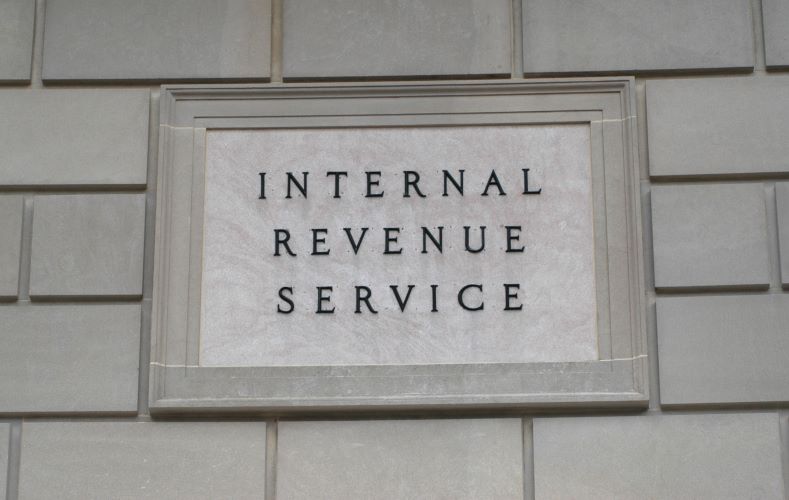Impact on Individuals
Effective July 1, 2017, the Illinois Income Tax Act and the Retailer’s Occupation Tax Act were amended resulting in numerous changes to tax rates, credits, and deductions. The most talked about change in the tax law is the permanent income tax increase for individuals, trusts, and estates from 3.75% to 4.95%, however there are many other changes to the tax law to know and understand.
Standard Exemption Allowance
For tax years beginning on or after January 1, 2017, the personal exemption allowance may not be claimed if the taxpayer’s adjusted gross income for the taxable year exceeds $500,000 for married filing jointly returns and $250,000 for all other returns.
Illinois Property Tax Credit
For tax years beginning on or after January 1, 2017, the Illinois Property Tax Credit is not allowed for those whose adjusted gross income exceeds $500,000 for married filing jointly and $250,000 for all other returns.
K-12 Education Expense Credit
For tax years ending on or after December 31, 2017, the maximum amount of the K-12 Education Expense Credit has been increased to $750 per family. If your income exceeds $500,000 for married filing jointly returns or $250,000 for all others, the K-12 Education Expense Credit is not allowed.
Instructional Materials and Supplies Credit (NEW)
For tax years beginning on or after January 1, 2017, a credit is allowed for the amount paid during the taxable year for instructional materials and supplies with respect to classroom-based instruction in a qualified school. The maximum credit allowed is $250 and can be claimed by teachers, instructors, counselors, principals, or aides in a qualified school who work at least 900 hours during a school year. The credit cannot reduce the tax liability to less than zero but can be carried forward five years and applied to future tax years.
Earned Income Tax Credit
For tax years beginning on or after January 1, 2017 and before January 1, 2018, the earned income credit is increased to 14% of the federal earned income tax credit. For tax years beginning on or after January 1, 2018, the earned income credit is increased to 18%of the federal earned income tax credit.
Impact on Businesses
Employers who withhold Illinois income taxes must now immediately adjust withholding tax rates and can refer to Booklet IL-700-T, Illinois Withholding Tax Tables, which has been updated and is available on the Illinois Department of Revenue website. For those who make estimated payments, the increased rate applies to any filers with 2017 estimated payment due dates after July 1, 2017. Taxpayers should utilize the annualized income installment method to compute income and liability for each period to avoid any underpayment penalties.
Also, effective July 1, 2017, the tax rate for C corporations has increased from 5.25% to 7%. The following changes have also been made to corporate deductions and credits:
Domestic Production Activities Deduction
For tax years ending on or after December 31, 2017, the Domestic Production Activities Deduction allowed under IRC §199 of the Internal Revenue Code must be added back to the adjusted gross income for individuals or taxable income for all other taxpayers.
Research and Development Credit
The R&D credit has been reinstated through December 31, 2021 and is retroactive for the 2016 tax year. The Illinois Department of Revenue will provide updated forms and instructions in order to claim any credit that was not previously allowed. The non-refundable credit is computed as 6.5% of the increase in qualifying research expenditures over the previous three year average.
Sales Tax Changes
Effective July 1, 2017, the manufacturing and assembling machinery and equipment exemption is expanded to include graphic arts machinery and equipment. Also effective July 1, 2017, tax is imposed on 100% of the proceeds from sales of gasohol, which eliminated the current 20% exemption.
If you have any questions regarding the changes in the Illinois Income Tax law please contact Selden Fox.





